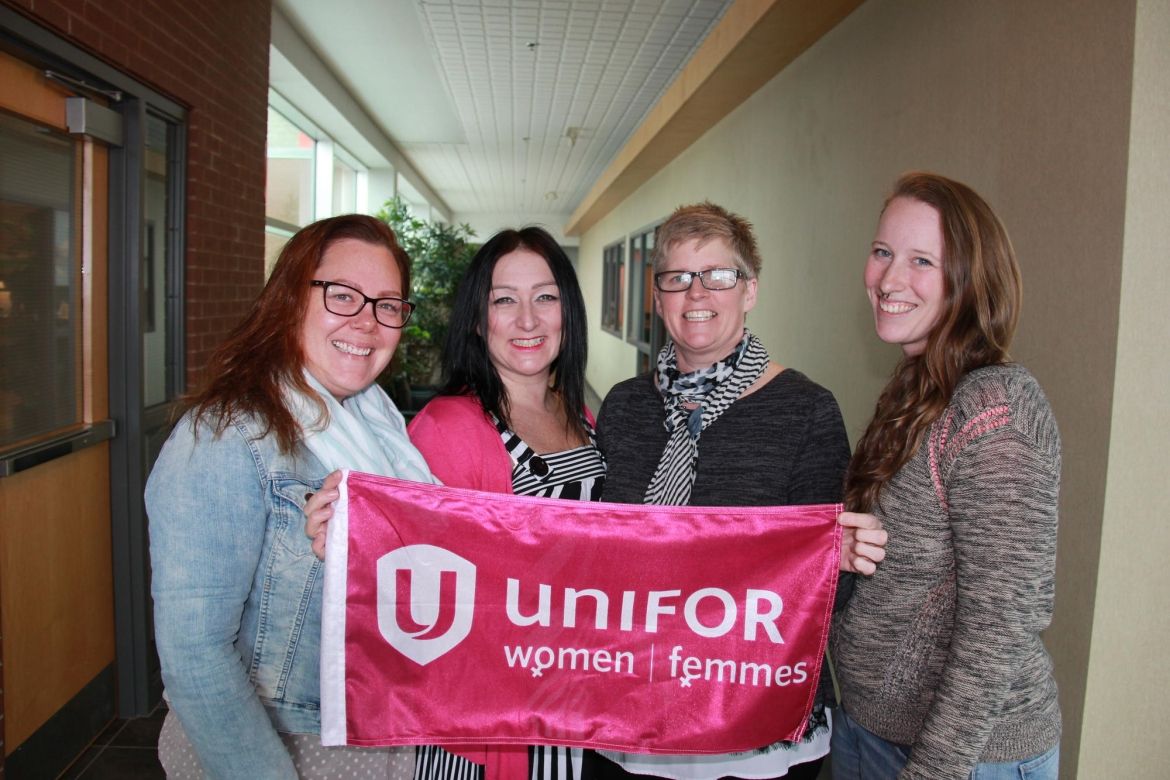
Share
Unifor is urging the governments New Brunswick and Nova Scotia to make domestic violence leave paid after both provinces introduced protected leave legislation this spring.
“We know that worrying about your next paycheck is a major barrier to escaping violence,” said Lana Payne, Atlantic Regional Director. “Having paid leave is critical to making the legislation as effective as possible.”
According to Statistics Canada, every six days a woman in Canada is killed by her male intimate partner and a 2013 Report found that economic security is often the primary factor that influences a woman’s decision to leave an abuser.
In Unifor’s written submission regarding New Brunswick’s Bill 44, the domestic violence leave bill, the union argues that a crucial component of any safety plan must include supports for the economic security of women, especially in New Brunswick where the highest reported number of intimate partner violence has been documented.
Unifor supports 10 paid days of domestic violence leave that can be taken intermittently and an additional 17 unpaid weeks if needed. The union says this is required so that no worker has to choose between safety and their job.
Domestic violence leave will be open to all genders, although the union emphasizes women in its call to action as women are disproportionately hospitalized and murdered and it is women who experience greater economic insecurity.
The union has also written a letter to Nova Scotia’s law amendments committee on Bill 107, calling on legislators to make this leave paid.
While Unifor is lobbying for this legislative change it also says that more must be done to address the root causes of violence.
“We urge the government to take an approach that supports victims of violence, and actually disrupts the violence and breaks down the economic barriers that keep victims in danger,” said Lisa Kelly, Unifor Women’s Director.
To assist union members in workplaces across the country, Unifor has been bargaining paid domestic violence leave and the Women’s Advocate program, which trains workplace representative to assist other women with concerns such as workplace harassment, intimate violence and abuse, as a provision in collective agreements.
Paid domestic violence leave is already available in Manitoba, Ontario, and for federal workers.



